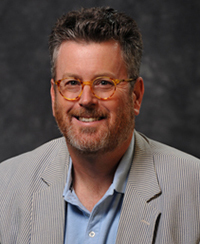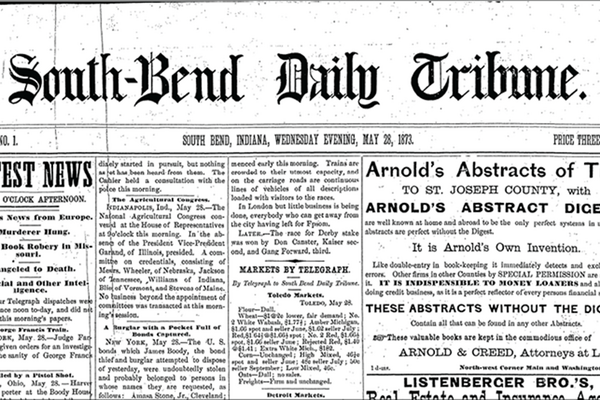The Notre Dame International Security Center has received a five-year, $3.5 million grant from the Charles Koch Foundation to further develop and expand its role as a forum for broader scholarship on U.S. foreign policy.
The grant builds on the significant and wide-ranging support the center has received since it was founded seven years ago—including two grants from the Carnegie Corporation of New York to research how American scholars can contribute to the formation of U.S. national security policy.
 Michael Desch
Michael Desch
“This will be a tremendous boost for our center and take it to the next level,” said Michael Desch, co-director of the center and a professor of political science. “We’ve made impressive advances since the center’s founding in 2008. This grant accelerates the pace, allowing us to reach our aspirations even sooner.”
The grant from the Koch Foundation—which since 1980 has provided support to more than 300 institutions of higher education—will enable the center to hire faculty and post-doctoral fellows, enhance funding for graduate students, expand the existing undergraduate Center, and establish an annual conference.
Ultimately, the International Security Center seeks to break down barriers between academic and political spheres, making the work of scholars more useable, understandable, and actionable for those in positions of power.
“We’re delighted to work with the Koch Foundation on our International Security Center, which we’ve been committed to for many years,” said John T. McGreevy, I.A. O’Shaughnessy Dean of the College of Arts and Letters. “We think it’s important for academics to have a voice in policy debates about international affairs, and we believe our scholars’ research can inform those policy debates.”
Founded in 2008, the center began with a seminar series that brought together academics interested in national security issues with current and former policy makers. Over time, it expanded to include an undergraduate fellows program, graduate student and faculty research, an endowed speaker series, and mini-conferences.
The International Security Center also hosted an academic review of the National Intelligence Council’s Global Trends, a document drafted every four years to anticipate how the world will change in coming decades.
Inspired by the inscription over an entrance to Notre Dame’s Basilica of the Sacred Heart—“God, Country, Notre Dame”—the center has sought to meaningfully engage with pressing issues facing the nation and world. It strives to play a catalytic role in matters of global policy through actionable research guided by the University’s Catholic character.
The International Security Center focuses on diversifying discussion surrounding U.S. international relations and its “grand strategy”—how the military is used to advance foreign policy goals. While the national debate is often dominated by voices on both the right and left who consider America’s outsized role on the world stage to be essential, Desch’s center facilitates scholarship that considers and evaluates alternatives.
“We won’t just publish academic books and scholarly articles,” Desch said. “We will devote considerable effort to translating cutting-edge scholarly work on these topics into a form that’s both accessible to policy makers and also can help shape broader public debate on vital foreign policy and national security issues that our country grapples with.”
The grant from the Koch Foundation builds on the support the center has already received from Carnegie, the Michael T. Long Family Endowment for Excellence, the James P. Reilly Jr. Notre Dame National Security Lecture Series Fund, and the Jack Kelly and Gail Weiss International Security Speaker’s Fund.
“As with any relationship between a philanthropic foundation and a university, there has to be complementary interests in the general topic,” Desch said. “And we are confident that grand strategy is one which will advance both public debate and scholarly inquiry in a positive way.”


